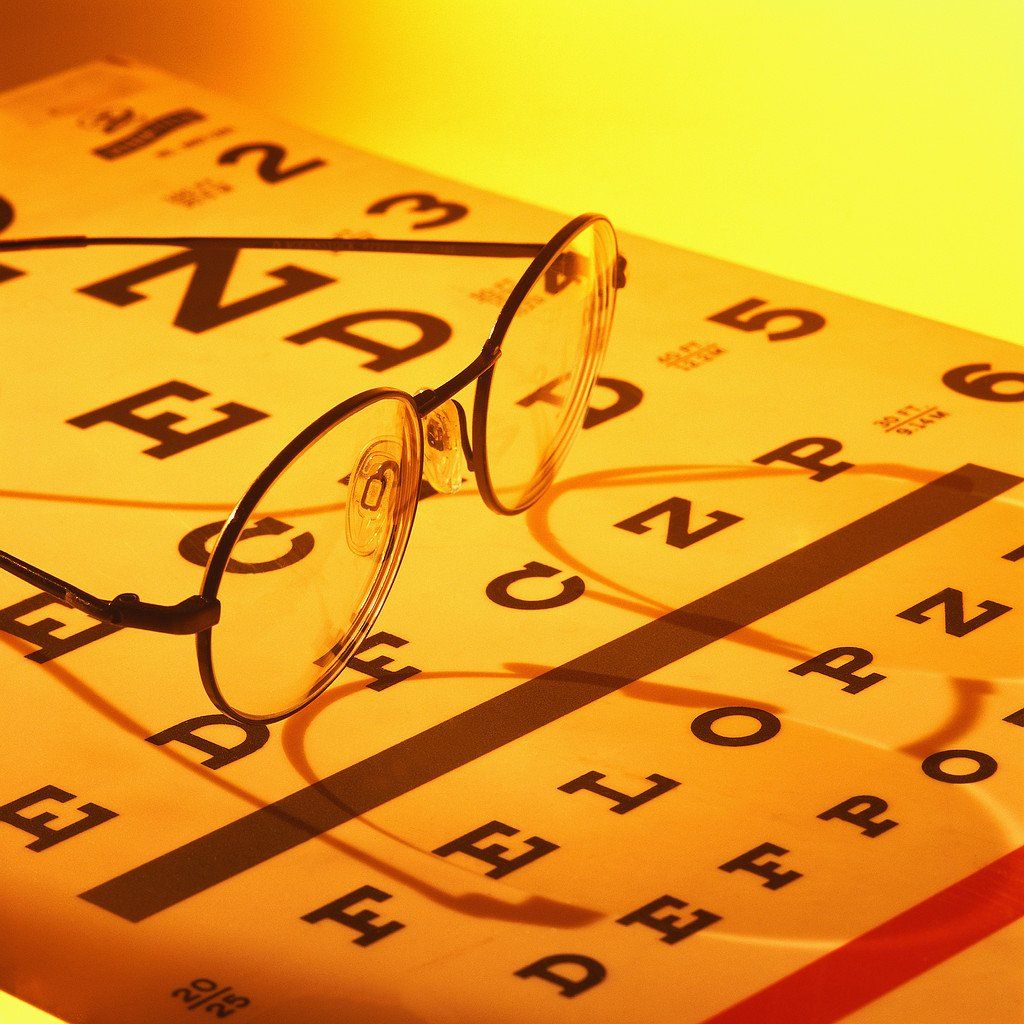There are three types of dry eyes –
1. Aqueous deficiency
Reduction in the water in your tears can be caused by damage to your lacrimal glands due to ageing, pollution or side effects from medicines. It can be more common in women after menopause.
2. Evaporative dry eyes
Evaporative dry eyes are due to the meibomian glands becoming blocked and not producing enough oil, so the tears dry up too quickly. This is more often found in men.
3. Mixed type
Blepharitis – this inflames the eyelids.
Entropion or ectropion, when the eyelids turn inwards or outwards.
Medicines such as tranquilisers, blood pressure medication, antidepressants, antihistamines, nasal decongestants, sleeping pills and birth control pills can also cause dry eye.
Diseases affecting the skin or around the eyelids can causes symptoms as well as immune disorders and some allergies.
- Long term use of contact lens
- Eye surgery
- Older adults can be more at risk
- Spending long hours using computers can cause dry eyes – it is important to take breaks and consciously blink more.
- Being in a very dry climate, wind or smoke
Precautions
In general, it is important to keep yourself well hydrated by drinking water and you can self-treat by buying over the counter artificial tears (preservative free) or lubricating gels, if you start to experience symptoms.
Good eye hygiene, warm compresses applied to your eyelids and a diet rich in Omega 3 fatty acids can also help keep things in balance.
If you try these measures and the symptoms persist, you should see an ophthalmologist. The inflammation caused by dry eye can often create a vicious cycle which is hard to escape without expert advice and treatment.
I have a great deal of experience with dry eye and can provide tailored management, treatment and advice for your particular symptoms. During my consultation with you I will explore your whole medical history and ocular history to find the most appropriate solution.
Treatment may include prescription medication, cleaning of eyelid margins to remove deposits, blocking tear ducts with plugs to keep tears in your eye longer and specific management advice.
